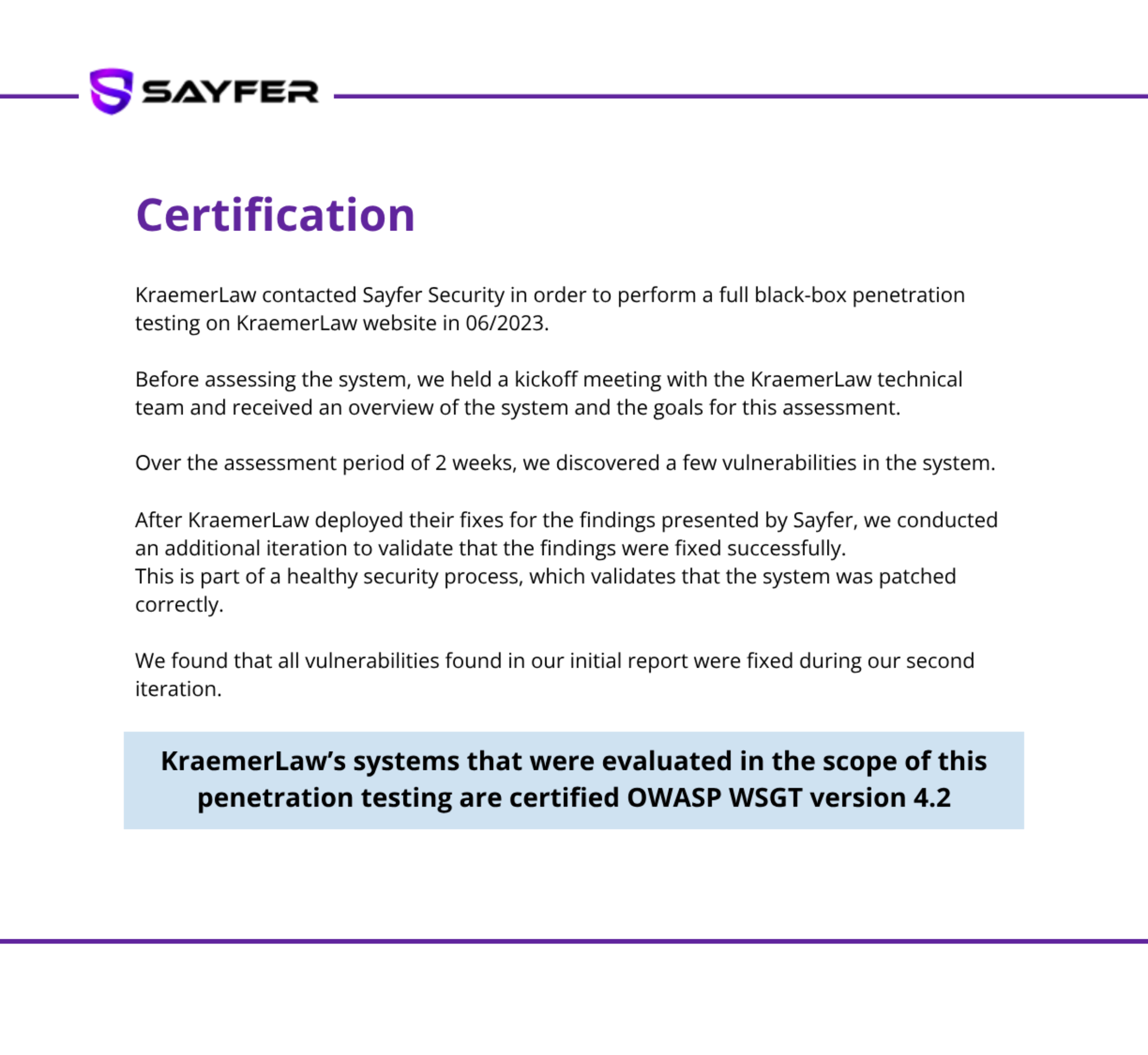A Panamanian foundation is a structure designed to guarantee asset protection and estate planning under a legal system that prioritizes confidentiality and adaptability. These entities, regulated by the Panama foundation law, offer unique benefits, such as exemption from local taxes on foreign income and the possibility of privately designating beneficiaries. In this article, we will discuss the legal requirements and the incorporation process.
Overview of the Panamanian Foundation Law
The legal system for foundations in Panama, introduced by Law 25 of 1995, is based on European models, particularly the legislation of Liechtenstein and Switzerland. From the first one, it adopts concepts such as asset protection and estate planning through this private organism, while the second incorporates the separation between the ownership of estate and individuals.
Panama adapts these references to attract an international audience, offering distinctive features such as tax exemption on foreign income, competitive incorporation costs and greater privacy for beneficiaries and founders. This allows Panamanian foundations to follow patrimonial and philanthropic purposes, guaranteeing confidentiality and administrative adaptability.
Provisions and Restrictions
Panama foundations are distinguished from corporations because they lack shareholders. Although they can generate passive income, such as dividends and rents, their foundation purposes must be focused on asset protection, favoring specific beneficiaries or charitable activities.
In addition, legislation allows them to carry out non-habitual commercial activities or to exercise rights arising from interests in companies, such as the purchase and sale of financial resources (shares, bonds) and real estate, as well as the acquisition and disposal of any other type of goods. However, any economic results derived from these activities must be used exclusively for the foundation purposes, which reinforces its patrimonial and non-profit nature.
Benefits of the Panama Foundation Law

Among the most striking benefits established by the Panama foundation law we find:
- Separation of Assets: The estate of the foundation constitutes an independent patrimony from the personal property of the founder, protecting them from seizures or legal actions for individual debts.
- Confidentiality: Although the foundation charter is a public document, the names of the beneficiaries and the details of the resources in possession are not disclosed publicly.
- Adaptability in Objectives and Administration: Organizations may allocate their assets to specific purposes defined in the foundational charter, and the inclusion of personalized control or oversight bodies is permitted.
Additional Advantages of Panamanian Foundations
The most outstanding aspects of Panamanian foundations are its ability to facilitate the transfer of assets while minimizing tax liabilities. These assets can include real estate, securities, and funds held in bank accounts.
Efficient Wealth Transfer
By placing assets in a Panama foundation, founders can avoid the probate process, which is often costly, time-consuming, and open to legal challenges. Instead, the structure guarantees a fluid transfer of wealth to the designated beneficiaries, in accordance with the instructions set forth in the deed by the founder.
Tax Benefits
Panama provides tax incentives for these structures. Assets and income derived from foreign sources are exempt from local taxation, and the Panamanian foundation is not subject to inheritance or estate taxes. This makes it a very cost-effective structure for international estate planning.
Steps for Panamanian Foundation Formation
The creation of a foundation in Panama involves many steps that must be carefully followed in order to comply with the regulations set by the Panamanian authorities and to effectively take advantage of the benefits of this structure.


1. Creating the Foundation Charter
The foundation charter is the legal document that formalizes the organization’s existence. It must include important details such as:
- A name that explicitly contains the word “Foundation” to clearly differentiate it from other types of organizations.
- The foundation purposes and objectives that must respect Panamanian legal provisions, being limited to lawful activities and not contrary to public order.
- The initial capital, set at a minimum of US$10,000, which may be in cash, securities or other assets.
- The designation of the foundation council, detailing its roles and responsibilities.
- The name and address of the resident agent in Panama, who must be an attorney or a law firm.
- Specific data, such as: domicile of the Panama private interest foundation, appointment of beneficiaries, and the duration of the foundation.
- Any additional clauses that the founder considers convenient to adapt the Panama foundation to its specific objectives.
This document must comply with the legal system and be submitted to Panama’s Public Registry to gain official recognition.
2. Appointing the Foundation Council
The foundation council acts as the managing body of the Panama foundation, overseeing its operations and fulfilling its objectives. Typically, the council consists of three members, who can be individuals or corporate entities. Their responsibilities include:
- Managing the transfer of assets into the organization.
- Representing the structure in dealings with Panamanian authorities.
- Guaranteeing the proper administration of the foundation’s resources.
The selection of board members has a direct and important influence on the course and achievements of the institution. For this reason, it is important to choose people with the right experience and integrity.

3. Naming the Founder, Beneficiaries, and Protector
Though Panamanian law does not require the immediate identification of all parties, many founders choose to name the key parties at the beginning of the process. Among them are distinguished:
- The founder, who initiates the Panama private interest foundation and outlines its objectives.
- The beneficiaries, who will receive the foundation’s assets or income. This can include family members, charities, or other entities.
- The protector, an optional role providing oversight of the foundation council to follow the founder’s wishes.
The ability to select which portions of information are disclosed and which are kept confidential provides a greater degree of privacy and control over the foundation’s operations.
4. Paying Foundation Incorporation Fees and Taxes
Based on Law 61 of 2002 and Article 318 A of the Panamanian Tax Code, the foundation formation involves the following fiscal requirements:
- Registration expenses: Foundations must pay a fee of 600 USD for inscription, this includes Public Registry and Notary services.
- Government annual fee: These organizations must pay a fee of 400 USD each year to maintain the good reputation of the foundation.
- Resident agent services: It varies per law firm.
- Payment deadlines:
- Registered between January and June: until June 30.
- Registered between July and December: until December 31.
- Penalties and surcharges: Late payment generates a one-time annual surcharge of 50 USD, plus additional fines for prolonged periods.
Registering the Foundation with the Public Register

Once the incorporation act has been drafted and the council has been appointed, the registration process of the foundation in Panama requires the intervention of a resident agent. This professional must sign the charter before it is submitted to the Public Registry.
Formal registration demands the presentation of the incorporation document together with the corresponding complementary documentation, such as:
- Proof of identity or legal documents of the founders and members of the founding board.
- Declaration of the resident agent, who must be duly authorized.
- The foundation charter and their amendments drafted in a language other than Spanish must be legalized and submitted together with an official translation made by an authorized public interpreter.
Registration confers legal personality, which allows the Panamanian foundation to hold assets, open bank accounts and operate in accordance with its stated objectives.
What Is the Best Way to Form a Foundation in Panama?
Establishing a Panama foundation is an easy process when guided by experienced professionals. Attorneys and corporate service providers can assist with:
- Drafting the foundation charter to meet legal requirements.
- Appointing qualified members to the foundation council.
- Managing compliance with Panamanian authorities.
- Facilitating the transfer of assets into the structure.
For those unfamiliar with Panamanian regulations, partnering with an expert guarantees strict compliance in the incorporation of a foundation in Panama. Kraemer & Kraemer’s specialized team will help you follow all legal and administrative requirements, giving you peace of mind and confidence during the process. Contact us or write to info@kraemerlaw.com for personalized advice.







